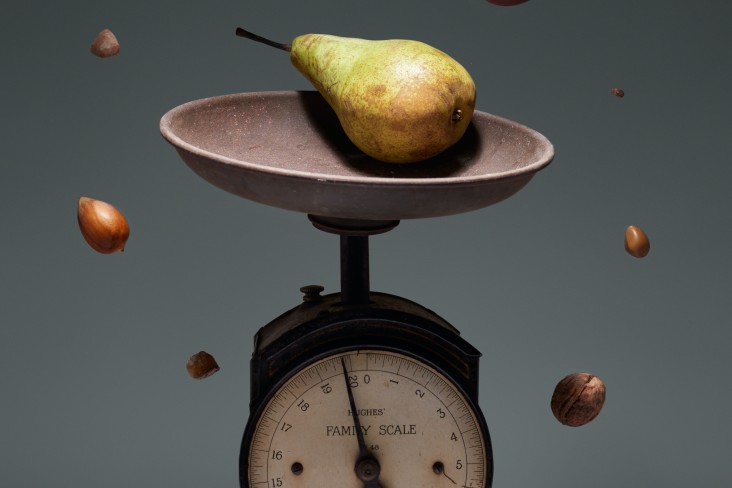The ‘Bank of Mum and Dad’ (BOMD) is now the fifth largest lender in New Zealand after the ANZ, ASB, Westpac and BNZ. In fact, BOMD has dished out over $22.6 billion in financial support to Kiwi offspring.
BOMD compared to Owner-occupier lending
ANZ - $72 billion
ASB - $50.8 billion
Westpac - $44.9 billion
BNZ - $39.3 billion
BOMD - $22.6 billion
Kiwibank - $16.8 billion
The most common type of financial assistance provided to Kiwi kids is help with the deposit (61%), according to Consumer NZ, and three out of five parents don’t expect to be paid back either.
But what happens if it all goes pear shaped and your kid’s relationship breaks down?
It may seem unfair but without a contracting out agreement (COA) any gift given forms part of the relationship property and is subject to a 50/50 split.
How can you protect yourself?
- Plan for what may happen if the relationship ends with a contracting out agreement, also known as a pre-nup.
- Put it in writing. If your loan is clearly agreed and recorded in writing it can avoid a whole lot of pain and heartache down the line.
Here are some common situations we see in our line of work.
Parents lend their child a sum to assist with the deposit on their first home on the understanding that it is a loan, but don’t document anything (often because the purchase can be more complicated if purchasers are borrowing money from more than one source). In cases like this, the law will assume (in the absence of any evidence to the contrary) that the money is a gift and your child’s partner may take the benefit of half of that gift if the relationship breaks down.
Parents jointly contribute to a property with their child and their child’s partner. Both couples live in the property, but the parents don’t have any interest recorded on the title to the property or any documentation recording the arrangement. The child’s relationship breaks down years later and the lender’s records from the joint purchase are long gone. The parents are very vulnerable to a claim by their child’s partner that the contribution was a gift and the child’s partner is entitled under relationship property law to an interest in one half of the property.
If you’re thinking of helping your child to buy property, ask yourself this!
- Is the money a gift or a loan?
- Is interest payable?
- If it is a loan, when is it repayable? On death? On the sale of the home?
- Do you expect a share in the value of the home?
- What will happen if you want your money back?
- What will happen if the relationship breaks down?
Helping your kids buy a home is a wonderful thing to be able to do but it can also go horribly wrong. Make sure you don’t go into it wearing rose-tinted glasses.
